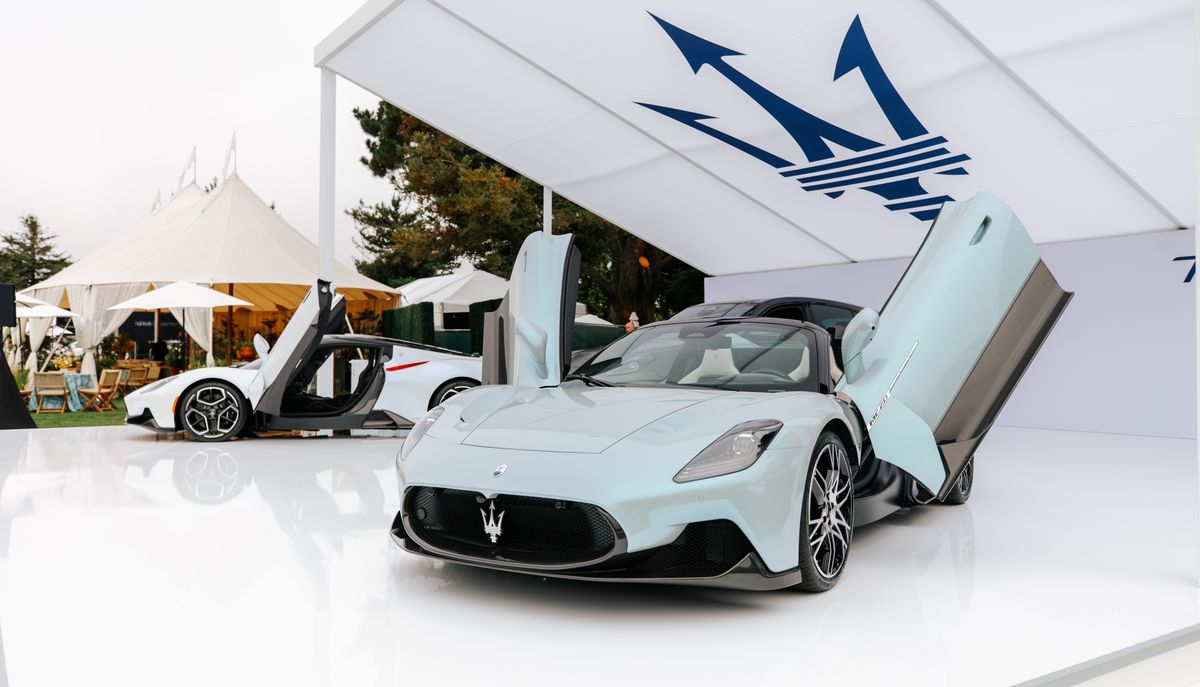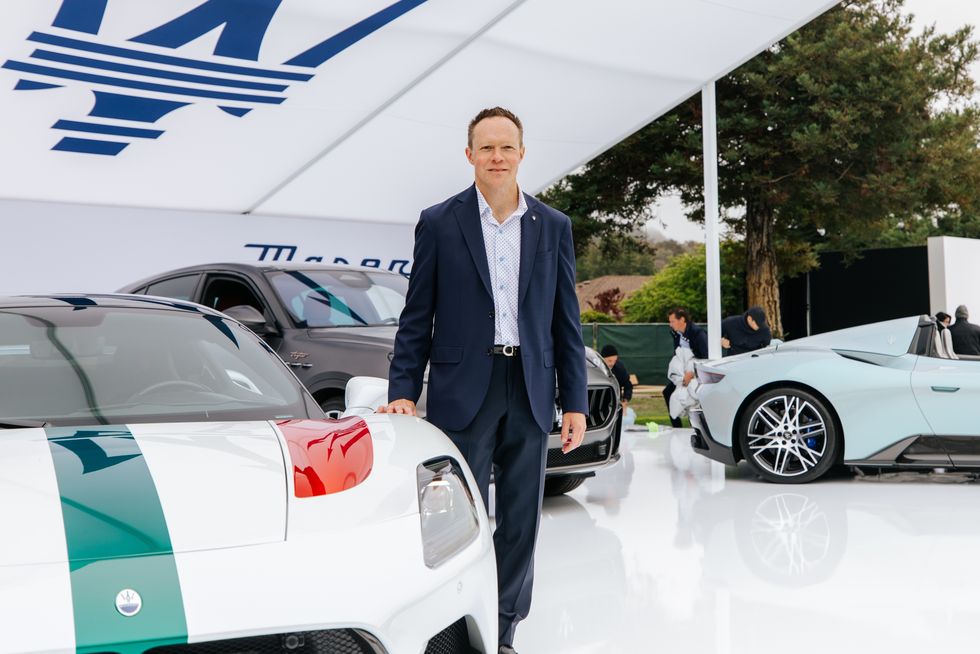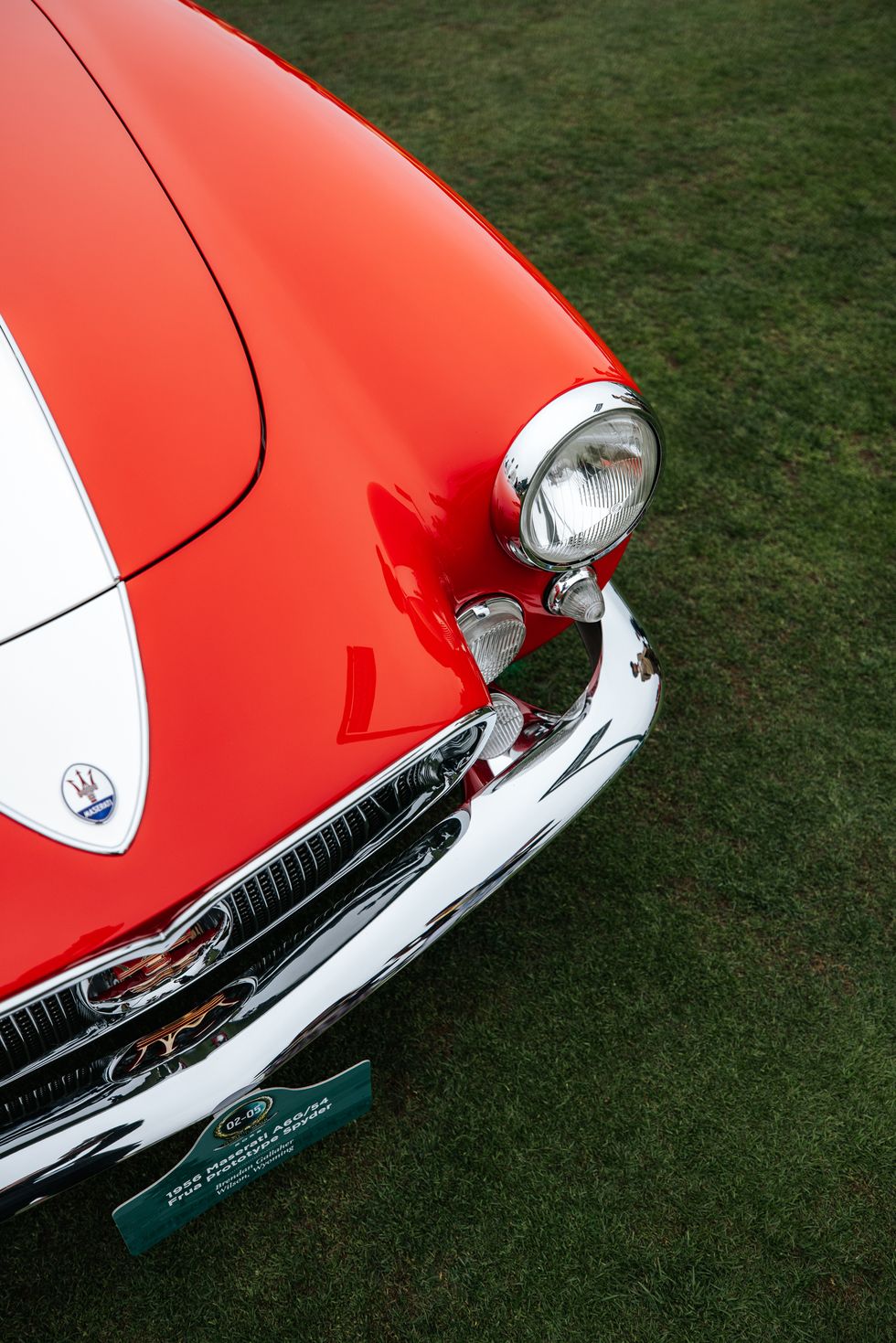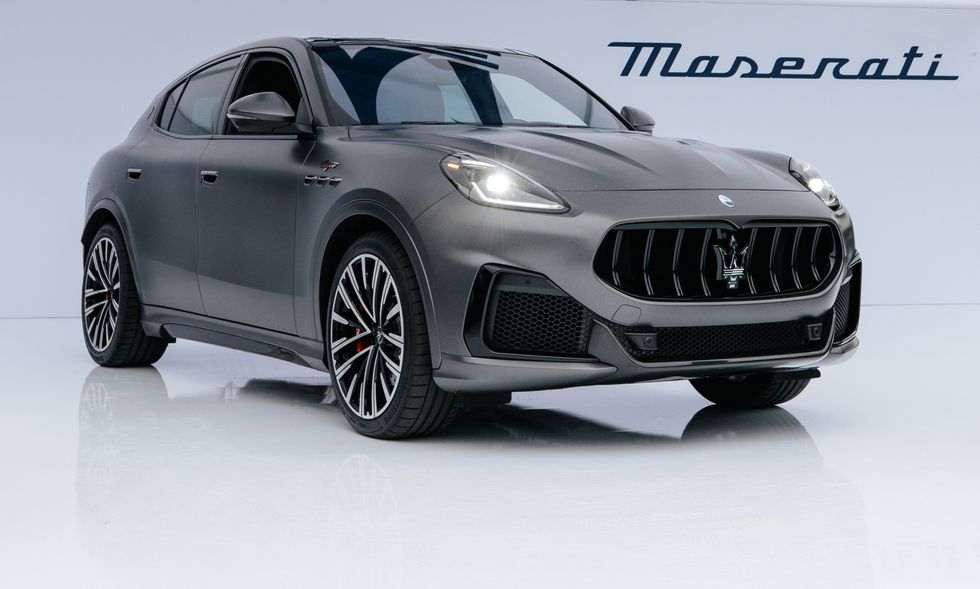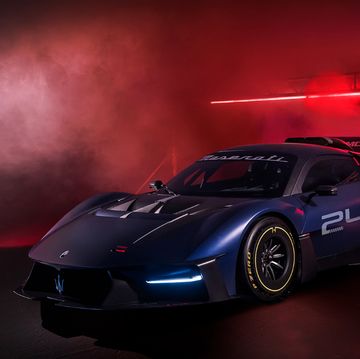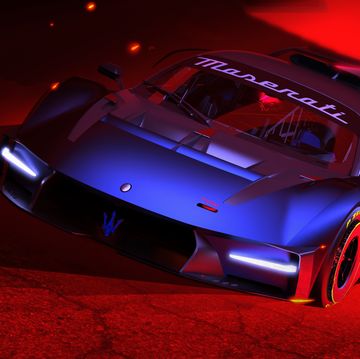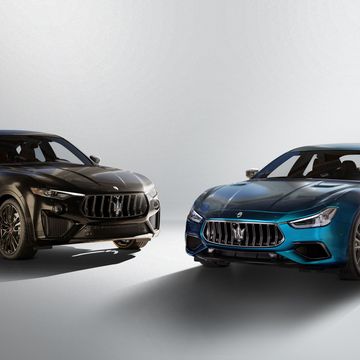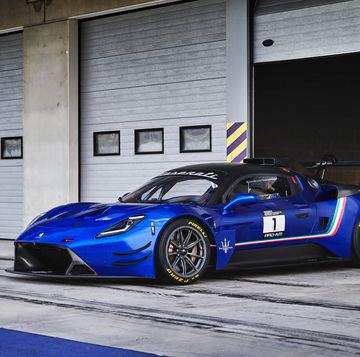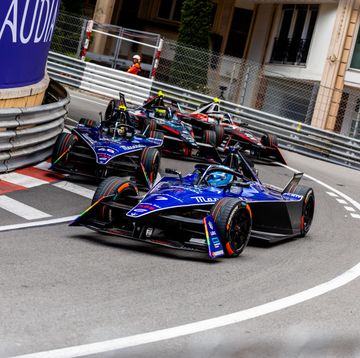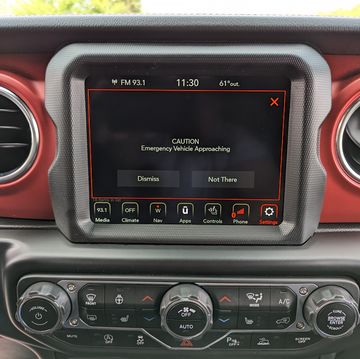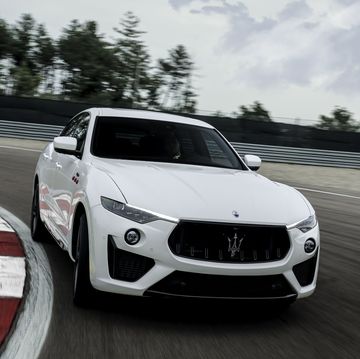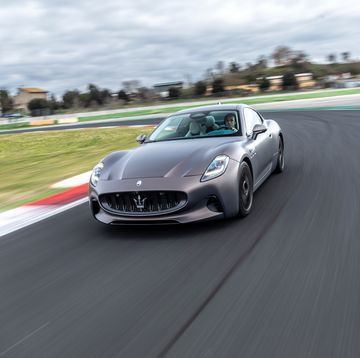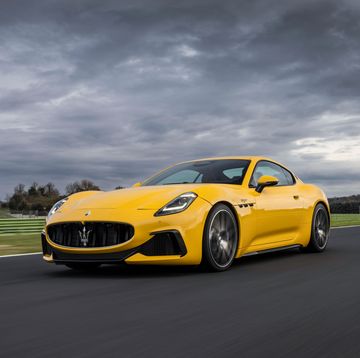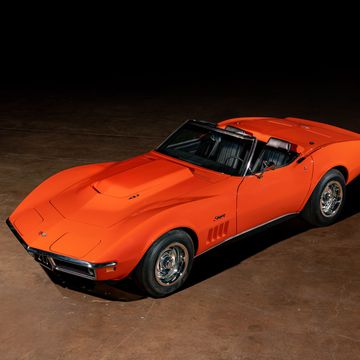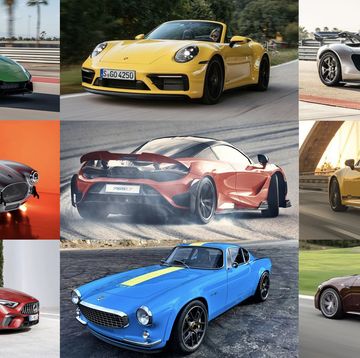- Maserati has undergone what seems like a re-birth, after years of constrained production under Ferarri's watch, and is stable for now within the market.
- As the company reveals new performance SUVs and a roof-less version of its hit supercar, Maserati is evolving beyond its sport sedan history and getting ready for EV production.
- The move to electric vehicles will be gradual, with some of Maserati's platforms being modular and ready for EV adaptation when the time comes.
Independence suits Maserati, at least so far. Following the company's break from Ferrari—powertrains and all—the now Stellantis-owned Italian performance manufacturer appears to have hit its stride. With an all-new supercar and performance SUV, Maserati is diversifying its portfolio of luxury-performance cars. Even in a challenging car market, the company was able to return to profitability in 2021, with Maserati claiming brand loyalty is up in 2022.
What does this mean for the future of Maserati? As the majority of the automotive market strides to reinvent itself as EV-heavy, this transformation has posed a turning point for the likes of Maserati, as these performance-specific brands grapple with how electrification will change the brand. Electric vehicles have enormous performance potential, meaning engineering focus shifts from emissions and power balancing to weight management and live-able torque curves, but the shift to electric is an ideological one as much as it is a mechanical one. Though Maserati previously set a 2030 date for full electrification, the company is going about this shift differently than other manufacturers.
"We're going to let the market figure out what the adoption curve is in the US," says William Peffer, Maserati Americas CEO, in a green-side interview with Autoweek at Monterey Car Week. Though contrary to the big announcement style commitments, Maserati's move is one that may pay off in the long run. As each automaker decides on battery suppliers and begins manufacturing EV-ready chassis, Maserati is curiously ahead of the game and also out of it. Maserati has yet to announce a battery supplier, but the framework for EV adoption exists inside its flagship models like the MC20, while it certainly doesn't hurt to have the leverage and purchasing power of its parent, Stellantis. The advent of modular chassis, from supercars to motorcycles, allows owners to maintain a familiar seat while moving toward EV adoption with ease and limiting waste by maintaining the same chassis.
Companies like Honda have decided to take a similar approach, by easing customers into EV models with hybrid updates first. However, Honda and Maserati aren't exactly competing for the same customers. And the Maserati legacy is a storied one of motorsports and heavenly sounding engines. As brand loyalty for the company rises, the move to EV infrastructure is tied to uncertainty.
"We want to be really careful about living up to what the Maserati unique selling proposition is," Peffer explained. "It's all about who's got the best technology."
Right now, it's hard to say who has the best EV technology, but it's clear Maserati is going to wait it out. Brand reinvention can go a long way, but tampering with a base of eager buyers who have come around to a revitalized company isn't a likely move. As Maserati revamps itself, the vehicles also have to live up to the talk. And Maserati has been eager to demonstrate its manufacturing prowess, from SUVs and crossovers to engines. It's probably better to let higher-volume brands within Stellantis to plow the EV field first, perhaps making for a smoother transition for Maserati when the time comes.
Perhaps the biggest key to Maserati's recent success is not its exciting Nettuno powerplant, as much as enthusiasts would like to think it is. Rather, the company has joined the performance SUV market, and what sells better in the US than an SUV or crossover? Offering the Levante and Grecale, Maserati has become more than a purveyor of aging sport sedans by producing a subset of vaguely more accessible utility vehicles. Starting at $64,995, the Grecale GT is set to be the company's cheapest model, by a long shot.
"I think one of the things that we hang over is that Maserati is so exclusive, it's not attainable," said Peffer. "The Grecale brings new customers to the brand. That car allows us not only to capitalize on where the market is, but it's also a nice introduction to the brand if we can hold on to those customers."
As MC20 orders are fulfilled and the Grecale comes to market, the future of Maserati appears stable for the time being. With the infrastructure for EV transformation in place on the MC20, Grecale, and other incoming models, the company is poised for the future of auto manufacturing, though it sounds like the company will hold onto its internal-combustion legacy for a bit longer.
Peffer said we can expect a detailed announcement about Maserati's EV strategy shortly, though the rapid launch of the MC20 Cielo and Grecale means the company is tempering its flood of product news. With a loose reign from Stellantis overhead and a return to profitability, the future of Maserati spells excitement to come for enthusiasts, luxury buyers, and even people who probably didn't know they could afford a Maserati.
Are you hopeful for Maserati's future, electric or otherwise? Please comment below.
A New York transplant hailing from the Pacific Northwest, Emmet White has a passion for anything that goes: cars, bicycles, planes, and motorcycles. After learning to ride at 17, Emmet worked in the motorcycle industry before joining Autoweek in 2022. The woes of alternate side parking have kept his fleet moderate, with a 2014 Volkswagen Jetta GLI and a 2003 Honda Nighthawk 750 street parked in his South Brooklyn community.
